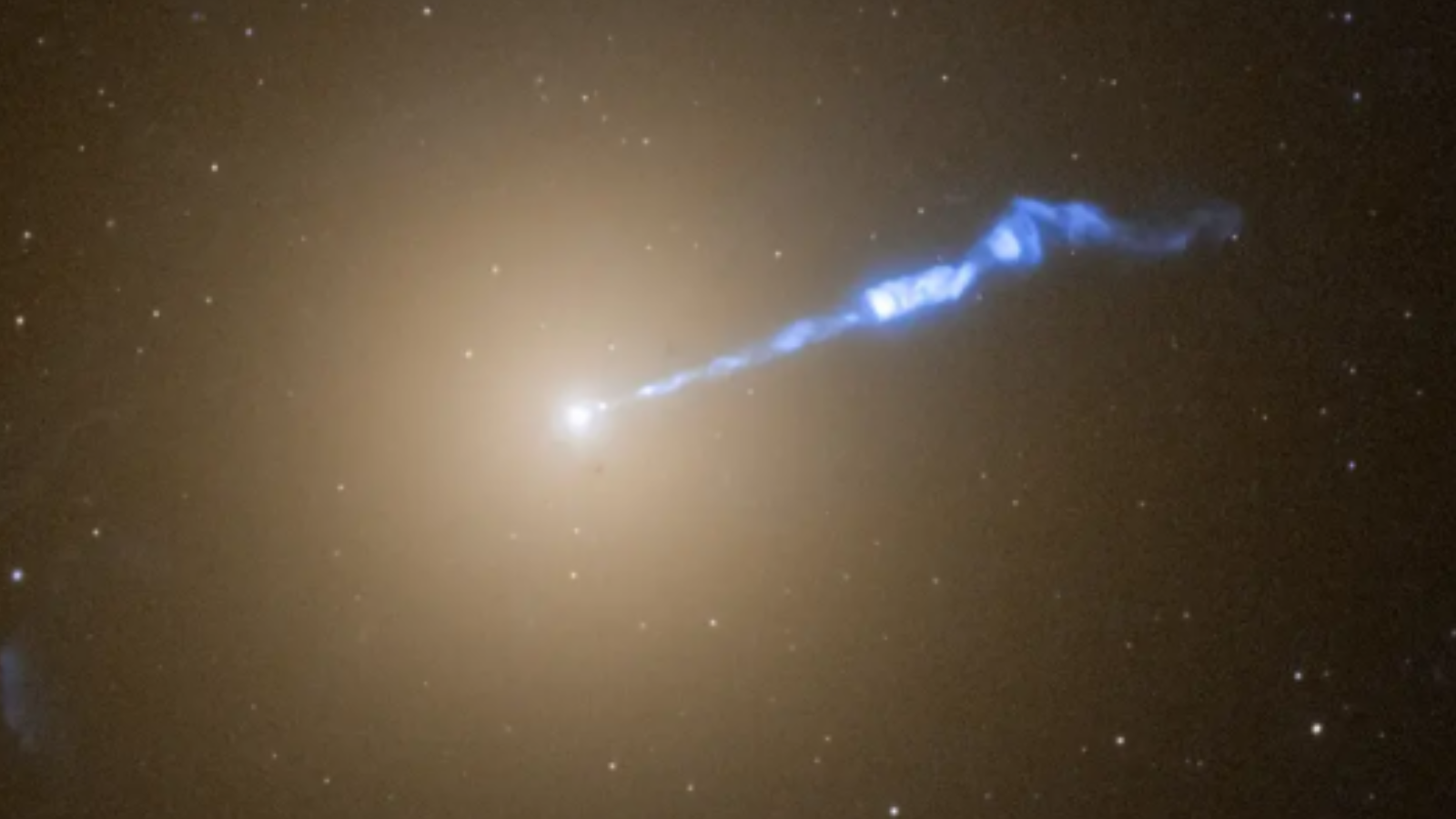NASA chief says cooperation with China in space is up to China
Administrator calls for openness, but NASA is restricted from bilateral engagements.

PARIS — NASA Administrator Bill Nelson told a major international space conference being held here that the possibility of cooperating with China in space is "up to China."
Nelson was asked about the potential of cooperation with China the moon during a Heads of Agencies press conference on Sunday (Sept. 18), the opening day of the 73rd International Astronautical Congress (IAC).
"Cooperation with China is up to China," Nelson said. "There has to be an openness there, and that has not been forthcoming." He noted that China and NASA have recently coordinated over issues such as the orbits of Mars spacecraft, but added that there is a lack of needed transparency on the Chinese side.
Related: How NASA's Artemis moon landing with astronauts works
NASA and China have notably identified some of the same potential landing areas around the lunar south pole for their planned respective Artemis 3 and Chang'e 7 missions, raising the question of whether and how the agencies might coordinate their plans. (Artemis 3 will return astronauts to the moon's surface for the first time since 1972 and is targeting launch in 2025; Chang'e 7, which doesn't yet have a launch date, includes an orbiter, lander, rover, relay satellite and an additional robot that can hop into craters to look for water.)
China was not on hand in Paris to respond to the issues raised. The China National Space Administration (CNSA) had been expected to be represented in the Heads of Agencies plenary session by vice administrator Wu Yanhua, but his profile disappeared from the event pages in the lead-up to the event. A spokesperson from the International Astronautical Federation (IAF), which runs the conference, told Space.com that "Mr. Wu had a conflict [in his] schedule and could not come."
While Nelson's comments at face value suggest NASA is open to a level of discussion, the agency is largely prohibited from engaging bilaterally with China.Legislation passed by Congress in 2011, commonly referred to as the "Wolf amendment" for the congressperson who spearheaded it, set up barriers that restrict government dealings with Chinese state entities, such as CNSA, without prior permission and security assurances.
Breaking space news, the latest updates on rocket launches, skywatching events and more!
Brian Weeden, director of program planning for Secure World Foundation, an organization focused on cooperative solutions in space, told Space.com that there needs to be "more discussions between the U.S. and China on space activities, especially on coordinating activities, but it will be hard."
"The Wolf amendment makes it hard, and U.S. domestic politics in China even harder," Weeden said.
Nelson has also made critical comments on China's lunar plans in recent months, each time sparking strong responses from Chinese state media.
The United States and China are each currently seeking partnerships for their visions for lunar exploration and it currently appears their efforts will be completely separate tracks.
NASA is promoting its Artemis Accords that lay out a framework for exploring the moon and is preparing to launch the Artemis 1 mission, with crewed lunar missions to follow later in the decade. China, meanwhile, is developing the capabilities required to attempt to land astronauts on the moon and plans to build an International Lunar Research Station (ILRS) with Russia and other partners in the 2030s.
Despite bilateral issues, it appears that NASA and China will make some efforts to communicate intentions, particularly in multinational contexts. NASA is "actively engaging with our international partners to understand their goals and interests in participating in future lunar surface activities," a NASA spokesperson told Space.com in an email in response to a request for comment on attempts to coordinate or discuss landing sites.
"Our goal is to establish a presence near the moon's south pole, from which a multi-national and collaborative infrastructure can be developed. NASA discusses its plans for lunar exploration at various multilateral forums, such as the ISECG [International Space Exploration Coordination Group], of which China is a member," the spokesperson wrote.
"Just as the lunar south pole is of scientific interest to NASA, it is also of scientific interest to other nations, so some overlap in regions is to be expected and is not a concern."
Follow us on Twitter @Spacedotcom and on Facebook.

Andrew is a freelance space journalist with a focus on reporting on China's rapidly growing space sector. He began writing for Space.com in 2019 and writes for SpaceNews, IEEE Spectrum, National Geographic, Sky & Telescope, New Scientist and others. Andrew first caught the space bug when, as a youngster, he saw Voyager images of other worlds in our solar system for the first time. Away from space, Andrew enjoys trail running in the forests of Finland. You can follow him on Twitter @AJ_FI.
